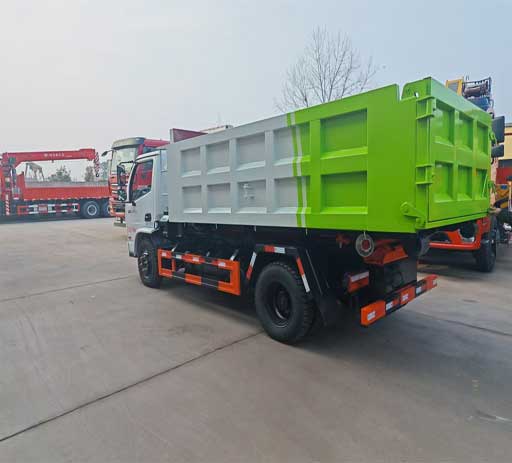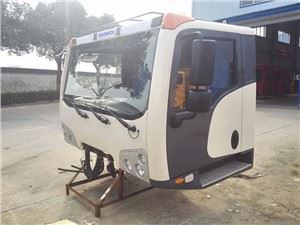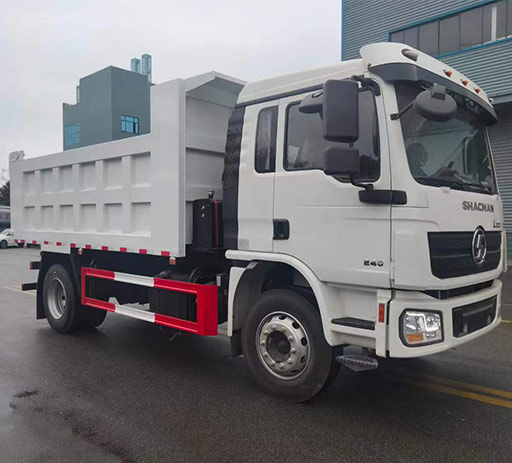Quick Attack Fire Truck: The Essential Tool for Modern Firefighting
Firefighting is one of the most challenging professions, requiring specialized equipment and rapid response to save lives and property. Among the various firefighting apparatus, the quick attack fire truck stands out as an essential tool. In this article, we will explore what quick attack fire trucks are, their components, advantages, practical uses, and much more.

What is a Quick Attack Fire Truck?
A quick attack fire truck, sometimes referred to as a quick response vehicle, is a compact, versatile firefighting apparatus designed for rapid deployment in emergencies. Typically equipped with a combination of tanks, pumps, hoses, and firefighting tools, these vehicles are crucial for managing first-response situations, particularly in residential areas or where access is limited.
Characteristics of Quick Attack Fire Trucks
- Size: Smaller and more maneuverable compared to traditional fire trucks.
- Water Capacity: Usually holds between 250 to 1,000 gallons of water.
- Quick Deployment: Designed to respond quickly to emerging incidents.
- Customizable: Often tailored to meet specific departmental needs.
Components of Quick Attack Fire Trucks
Water Tank
The water tank is a critical component of a quick attack fire truck, providing the necessary water supply for extinguishing fires. Water tanks can vary in capacity depending on the vehicle type and intended use.
Pumps

Pumps are vital in delivering water to the fire scene. Quick attack fire trucks often utilize high-pressure pumps that can efficiently operate at various flow rates.
Hoses and Nozzles
These trucks are equipped with hoses capable of delivering water to the fire from the tank and nozzles that control the water flow and spray pattern. Hoses can be stored on reels or within compartments for easy access.
Common Hose Types
| Hose Type | Diameter | Usage |
|---|---|---|
| Attack Hose | 1.5 to 2 inches | Used for direct firefighting |
| Supply Hose | 2.5 inches and above | Transports water from a hydrant to the truck |
Firefighting Equipment
Quick attack fire trucks often come equipped with various firefighting tools, such as axes, ladders, emergency medical equipment, and rescue tools, enabling firefighters to tackle a wide array of situations.
Advantages of Quick Attack Fire Trucks
Rapid Response Times
Due to their size and design, quick attack fire trucks can reach emergency locations faster than larger fire engines, which is critical during time-sensitive emergencies.
Maneuverability
The compact nature of these vehicles allows them to navigate through narrow streets, driveways, or areas where larger trucks cannot access, thereby enhancing firefighting capabilities in urban and rural settings.
Cost-Effective
These trucks are typically less expensive than larger fire engines, allowing fire departments, especially smaller ones, to invest in more units while maintaining operational efficiency.
Practical Uses of Quick Attack Fire Trucks
Residential Fires
Quick attack fire trucks are often the first response units to residential fires, providing immediate water and equipment to control flames before larger units arrive.
Wildland Fires
These trucks can easily access remote areas affected by wildfires, employing their high-pressure water systems to control the spread and protect properties.
Public Events
During public events or gatherings, quick attack fire trucks can be stationed for immediate response, ensuring public safety against potential fire hazards.
Hazardous Material Incidents
In situations involving hazardous materials, quick attack fire trucks can provide initial firefighting support, aiding in containment while awaiting specialized units.
Tips for Utilizing Quick Attack Fire Trucks
Regular Maintenance
It is crucial for fire departments to conduct regular maintenance checks on quick attack fire trucks to ensure all equipment is functioning correctly. This includes inspecting water tanks, pumps, hoses, and tools.
Training Exercises
Firefighters should regularly engage in training exercises that focus on the unique capabilities of quick attack fire trucks. Scenario-based training helps improve response times and efficiency in different firefighting situations.
Proper Load Management
Ensure that loads are appropriately distributed within the truck to maintain stability during response. This is vital for safe maneuvering and efficient operation.

Frequently Asked Questions (FAQ)
What is the primary function of a quick attack fire truck?
The primary function of a quick attack fire truck is to provide rapid response to emergency situations, delivering water and firefighting equipment quickly to combat fires or hazardous incidents.
How does a quick attack fire truck differ from a regular fire truck?
A quick attack fire truck is smaller, more maneuverable, and designed for rapid deployment, while standard fire trucks are larger and typically carry more water and equipment for extended firefighting operations.
Can quick attack fire trucks be used for medical emergencies?
Yes, many quick attack fire trucks are equipped with emergency medical equipment and tools, enabling firefighters to provide medical assistance during emergencies.
What are common maintenance tasks for quick attack fire trucks?
Regular maintenance includes checking for leaks, inspecting the water pump, testing hoses and nozzles, and ensuring that all firefighting tools and equipment are in working order.
How can fire departments benefit from quick attack fire trucks?
Fire departments benefit from quick attack fire trucks by enhancing their response times, improving access to difficult areas, and achieving more operational efficiency, particularly in smaller communities.
What considerations should be made when purchasing a quick attack fire truck?
When purchasing a quick attack fire truck, factors such as budget, local terrain, water capacity, type of firefighting needed, and the specific needs of the fire department should be considered.
